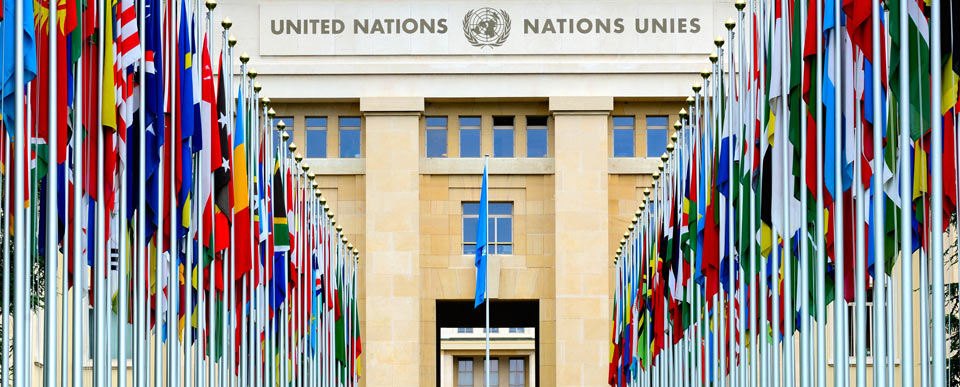Model UN: A Great Learning Resource
As a student, my participation in Model UN activities surpassed even my university studies, at times, as the primary focus of my time and attention. I don’t regret this because I am convinced that Model UN enhanced my education in three key ways.
First, Model UN has made me more able and, crucially, more willing to defend my ideas. While university education generally involves some element of discussion and critique, I was exposed to even more robust and prolonged discussions, debates, and arguments at Model UN conferences.
For instance, if I claimed at a Model UN conference that the Iran nuclear deal is ineffective, I would expect scrutiny from other participating students for two, three, or even five days. There’s no getting “saved by the bell” during these conferences. Model UN has also forced me to consider more seriously the arguments of the “other side.” It is one thing to play devil’s advocate in a couple of paragraphs of an essay criticizing Russia’s foreign policy, but it’s quite another to represent Russia and defend its foreign policy as your own in front of 100 other students.
Second, Model UN has taught me the “soft” skills that play a vital role in any professional or academic career. The emphasis on reading, essays, and exams in traditional university education often fails to equip students with the skills needed to negotiate a contract, manage office politics, or promote a new enterprise. Model UN emphasizes collaboration. At my first Model UN conference, I was filled with dread as I stared out into a crowded conference hall filled with total strangers. But after a little practice, I no longer had any qualms about approaching a total stranger and arguing my views on the prevention of North Korean nuclear proliferation.
Finally, Model UN encourages the sort of interdisciplinary approach that’s so important for 21st-century learning. Because of its emphasis on collaboration, academic diversity is a natural part of Model UN conferences: An International Relations student might spend one conference discussing the rights of indigenous people with law students and the next debating climate change with scientists. I have found these conferences to be especially valuable in encouraging me to take an interdisciplinary approach to global challenges. Extracurricular activities, such as Model UN, can be an essential part of the graduate school experience.


